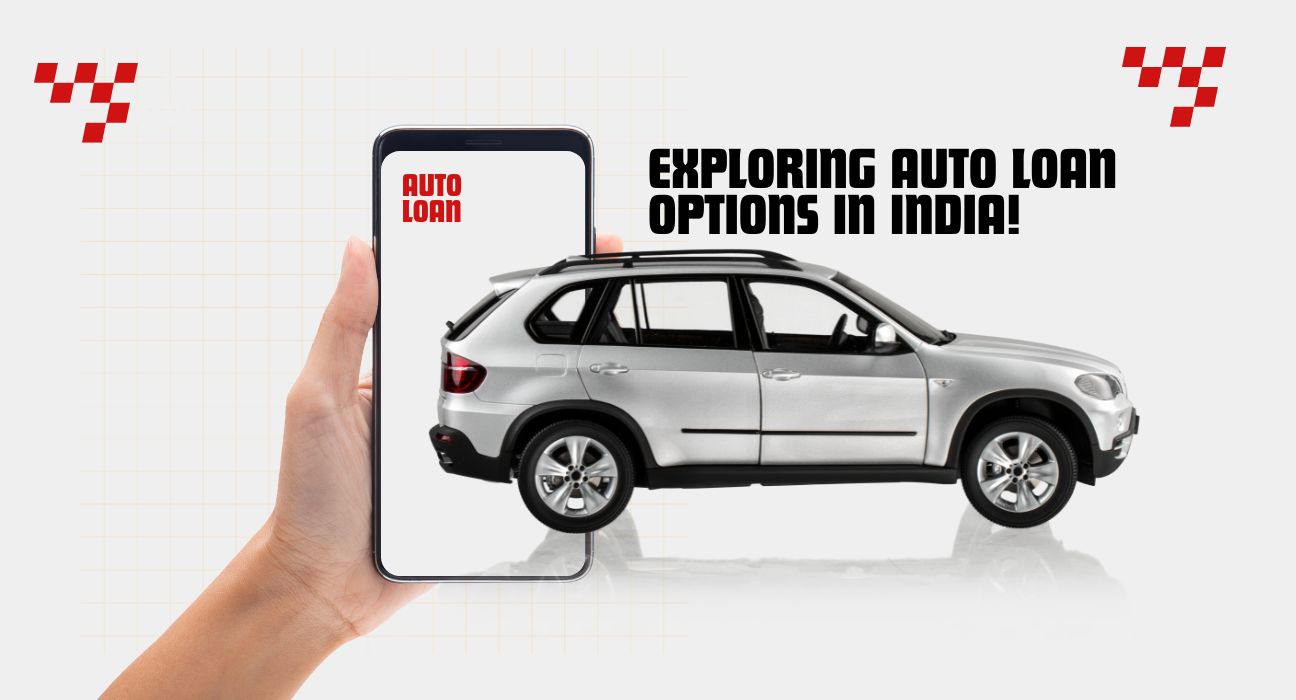Introduction to Car Loans
In India, the aspiration to own a car is quite prevalent, and auto loans have become a popular financial solution to turn this dream into reality. With the diverse range of vehicles available today, both new and used, many individuals find it more feasible to spread the cost over a period of time rather than making an outright purchase. Auto loans in India cater to various financial backgrounds, allowing more people the opportunity to own a vehicle. This blog aims to explore the different types of auto loans available in India, focusing on secured and unsecured options, the providers offering these loans, and the factors influencing interest rates and repayment plans.
Secured Car Loans
Secured car loans are a prevalent financing choice in India, where the purchased vehicle itself serves as collateral. This security feature typically results in lower interest rates compared to unsecured loans due to reduced risk for lenders. One notable advantage of secured loans is the possibility of obtaining higher loan amounts and longer repayment terms, making them suitable for purchasing higher-end models.
To qualify for a secured car loan, applicants generally need a stable income source and a solid credit history. Required documentation includes identity proof, income proof, and address proof. Additionally, some lenders may request a down payment, which can influence the loan terms and interest rates.
Unsecured Car Loans
Unsecured car loans are an appealing choice for those who prefer not to use their vehicle as collateral or lack sufficient assets for security. Due to the absence of collateral, these loans usually come with higher interest rates to balance the lender’s risk. This type of loan might pose more challenges for applicants with poor credit scores or erratic income, as the eligibility criteria tend to be stricter.
Typically, lenders scrutinise the applicant’s financial stability more closely, including credit history and income consistency, before approval. The loan amounts offered are generally lower compared to secured loans, and the repayment terms may be less flexible. Borrowers must evaluate their financial health and the total cost of borrowing, considering the higher interest rates and potential fees associated with unsecured car loans. This careful assessment will ensure that they can manage the repayments without undue strain on their finances.
Loan Providers in India
India boasts a diverse array of auto loan providers, encompassing major banks and non-banking financial companies (NBFCs). Renowned banks like State Bank of India (SBI), HDFC Bank, ICICI Bank, and Axis Bank offer competitive interest rates, extensive branch networks, and robust customer service. Their established reputation often provides borrowers with a sense of security and trust.
On the other hand, NBFCs such as Bajaj Finance, Tata Capital, and Mahindra Finance have carved a niche by offering more flexible loan options and quicker processing times. These entities can be particularly appealing for those requiring faster approval or bespoke loan structures that traditional banks might not offer.
Each provider has its unique set of features, terms, and eligibility criteria, thus catering to a broad spectrum of financial needs. It’s advisable for prospective borrowers to meticulously compare the offerings of both banks and NBFCs to find a loan that aligns with their financial profile and repayment capability. Understanding the nuances of each provider’s loan product can significantly impact the overall cost and convenience of borrowing.
Interest Rates and Repayment Choices
Interest rates for auto loans in India can fluctuate based on multiple factors such as the applicant’s credit score, income consistency, and lender policies. Typically, a higher credit score results in more favourable interest rates. Additionally, the type of vehicle, loan amount, and tenure can impact the interest rates offered.
Flexible repayment options play a crucial role in auto loans, enabling borrowers to select plans that match their financial circumstances. Lenders might offer various EMI (Equated Monthly Instalment) options, including step-up or step-down EMIs, catering to those with anticipated changes in income. It is essential to consider long-term financial objectives and possible income fluctuations when choosing a repayment plan.
By carefully evaluating these aspects, borrowers can find a balance that allows for manageable repayments without undue financial burden. Understanding these factors can help in securing a loan with optimal terms and rates, ensuring a smoother borrowing experience.
Government Programmes and Subsidies
The Indian government has rolled out several initiatives to facilitate vehicle purchases, particularly focusing on eco-friendly options like electric vehicles (EVs). Programmes such as the Faster Adoption and Manufacturing of Hybrid and Electric Vehicles (FAME) scheme provide financial incentives to make EVs more affordable. These subsidies aim to encourage a shift towards sustainable transportation and reduce pollution.
Eligibility for these incentives often requires meeting specific criteria, such as purchasing from approved manufacturers or adhering to emission standards. Staying updated on these government schemes can offer significant savings and make the acquisition of an environmentally friendly vehicle more accessible. Additionally, these programmes often come with various benefits, such as reduced road tax and lower registration fees, further decreasing the overall cost of ownership. Prospective buyers should thoroughly research the available subsidies to take full advantage of the financial support offered by the government.
Conclusion
Selecting the ideal car loan in India requires a clear understanding of various loan types, their features, and the specific benefits they offer. By thoroughly comparing secured and unsecured loans, you can identify which option aligns best with your financial profile and vehicle aspirations. It’s also essential to research and contrast the offerings from different lenders, including major banks and NBFCs, to find competitive interest rates and favourable terms.
Furthermore, staying informed about government schemes and subsidies can significantly reduce the cost of owning a vehicle, especially if you’re considering eco-friendly options like electric vehicles. These incentives not only make environmentally sustainable choices more affordable but also contribute to long-term savings.
Carefully assessing your financial situation, future income prospects, and repayment capacity will help you choose a loan that minimises financial strain. Making an informed decision ensures that you enjoy the benefits of vehicle ownership while maintaining financial stability. With these considerations in mind, you can confidently navigate the landscape of car loans in India and achieve your dream of owning a car.








Leave feedback about this